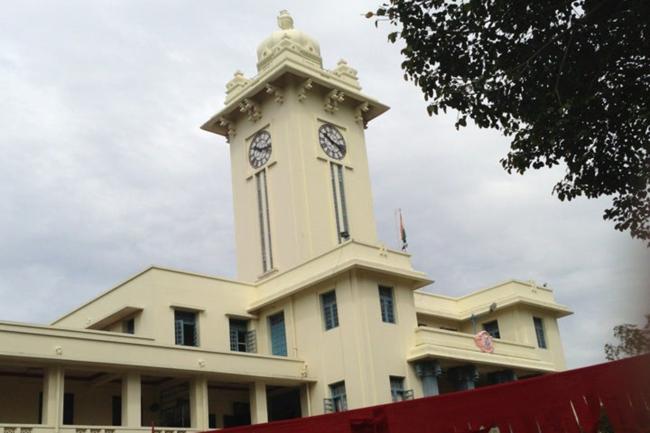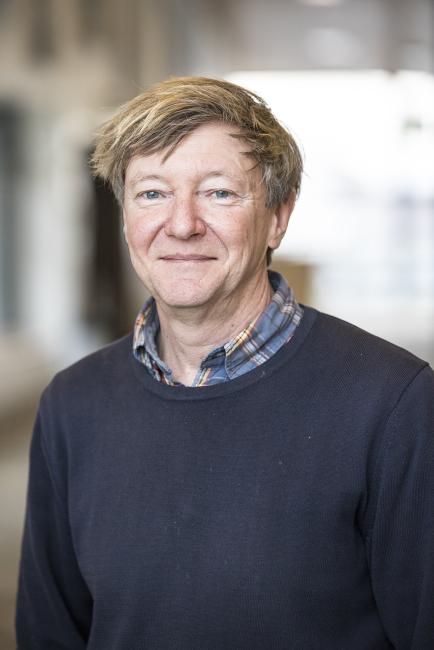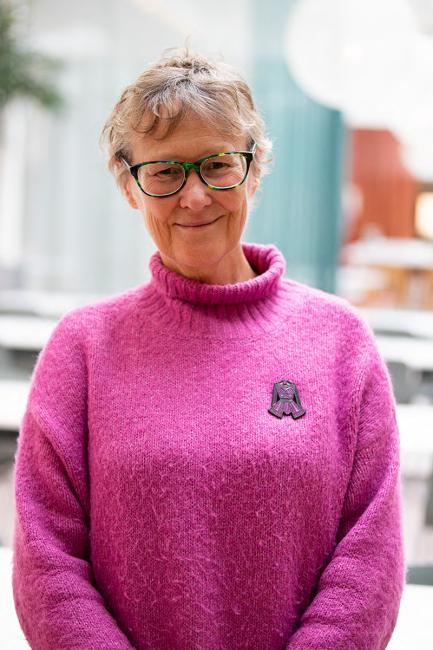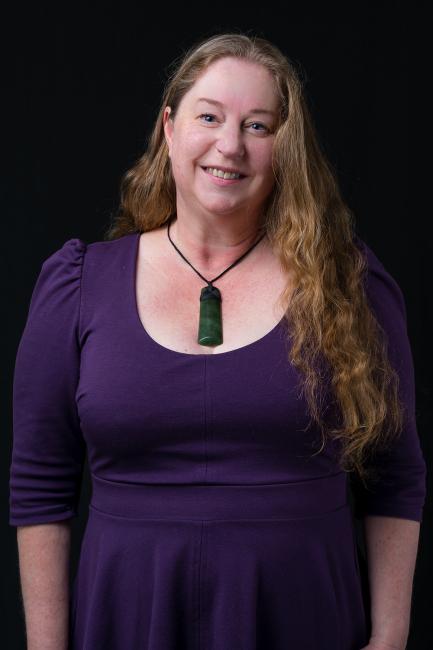Erasmus exchanges outside of Europe highlight both similarities and differences
2023-05-05Internationalisation is one of Karlstad University’s six strategic goals. The university promotes internationalisation in various ways, with regard to both teachers and students. Erasmus + ICM provides the opportunity for students to travel to countries outside of Europe in order to conduct field studies and complete degree projects.
Two students at Karlstad University’s nursing programme have visited Believers Church Medical Hospital, BCMCH, in Kerala, India. For two months, they studied the nurses’ experiences of existential and spiritual care BCMCH offers both medical doctor and nursing programmes, as well as student accommodation, where the two Swedish students stayed during their visit. They were very well received by the other students at the hospital, and they attended various excursions as well as a big festival. In turn, Karlstad University has been visited by representatives from BCMCH to discuss the possibility of further expanding our collaboration efforts.
– The guests visited Swedish universities and hospitals, meet teachers who work with internationalisation and talk to students who have studied abroad, says Brian Unis, lecturer in Nursing. We also worked together on an application for the next Erasmus+ ICM period. The visit made us come together in the project team, and gave us a plan for future exchanges and research related to holistic health care, as well as a basis for developing courses in English, in which students from both Karlstad University as well as universities all over the world can attend.
Brian Unis and his colleague Desirée Burenlind are international coordinators at the discipline of Nursing.
Early childhood educationEarly childhood education exchanges
The discipline Educational Work has also had an exchange project with a country outside of Europe, via Erasmus+ ICM. There has been an exchange of students between Victoria University in Melbourne, Australia and Karlstad University. Mary-Rose McLaren, who was the Australian academic leader for the exchange, recently visited Karlstad University to follow up on the collaboration project and discuss improvements for future exchanges.
What does it feel like to be here and how different are the two universities in terms of early childhood education?
– It’s different to Australia, but there are also many similarities. We have the same basic values, but I've noticed that you focus more on the complete individual in combination with the school environment – for example in terms of outside activities. Everyone working in an Early Childhood setting in Australia must have a qualification – and like Sweden, we have different levels of qualification. However, we are less thorough with qualifications for our before and after school programs. I see many opportunities offered to children in these programs in Sweden that Australian children don’t have. We should have more of this in Australia. In Australia we don’t have educated staff in leisure time centres as you have here. Australian children do have access to these activities through school, however, it often falls back on the parents to ensure their children are having enriching opportunities in the arts and sports. I love in Sweden that all children have this access through Fritids. Something we have in common is that democracy is mentioned in the curriculum, but in Sweden you also talk to the children about this earlier. This is great and very important! I learn a lot about the Nordic tradition for early childhood education.
Students from both Sweden and Australia, who are enrolled in both early childhood education (preschool) teacher courses have gone out on exchange visits via the Erasmus ICM framework. They met Professor Mary-Rose McLaren during her visit to Karlstad University, together with Valerie Margrain, Professor of Educational Work, who is the academic leader for the project at Karlstad University to discuss their experiences and to give feedback to the academic project leaders in both countries. The Australian students stated that they would have liked an introductory course in Swedish in order to understand the children during the practical placement that was part of the exchange. Both the Swedish and Australian students also said that meeting other students to discuss experiences and compare their studies is the best part of this kind of exchange. They have also learned a lot about the respective countries’ culture, nature and history. This includes everything from petting kangaroos to learning more about the native population of Australia, seeing the snow-covered northern parts of Sweden and experiencing ice baths.
Professor Mary-Rose McLaren thinks that Karlstad University has a very collegial atmosphere – something she feels is very important but was lost during the pandemic. However, the pandemic has contributed to more digital external collaboration, something which wasn’t done before. The digital collaboration will be further expanded going forward, both between students at the two universities, but also between teachers as researchers. We look forward to more exchanges – both in the form of physical and digital meetings.
- For more information regarding Erasmus+ ICM, please contact exchange@kau.se
During the pandemic, four nursing students at Karlstad University were planning on conducting their degree projects at BCMCH, but due to the restrictions they could not travel and had to perform their data gathering via Zoom. Consequently, they missed out on experiences from the hospital and the culture in-person.
Erasmus+ ICM is an agreement regarding student exchange outside of Europe that include grants. For certain higher education institutions we also offer spots that do not include grants. If you look up any of these higher education institutions when applying for exchange studies, either Erasmus+ or Bilateral, you have a chance of being awarded the grant.








